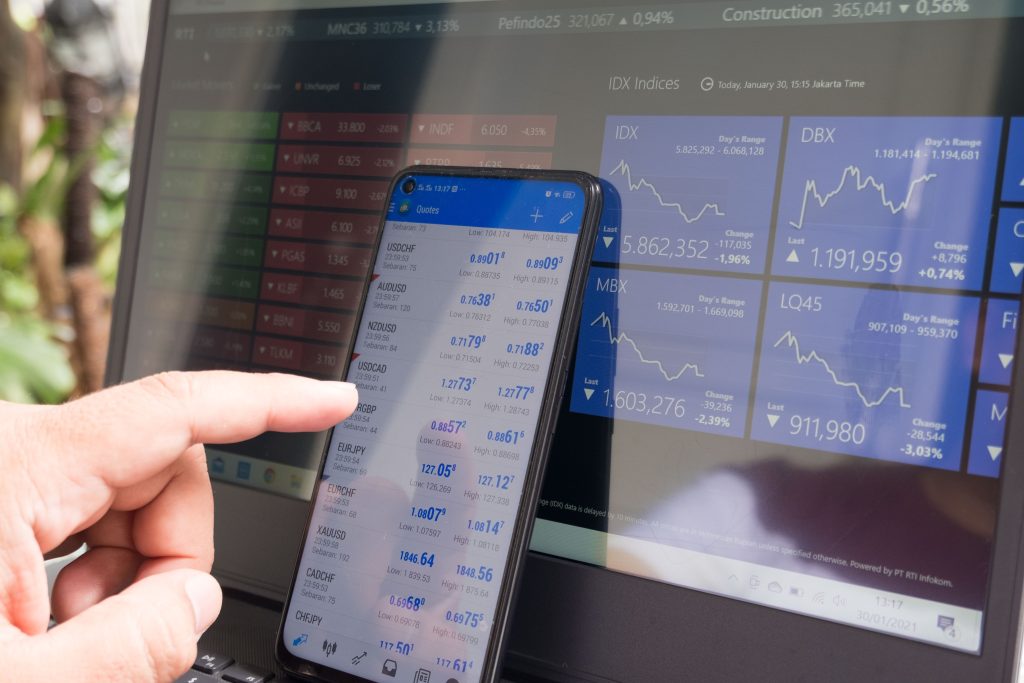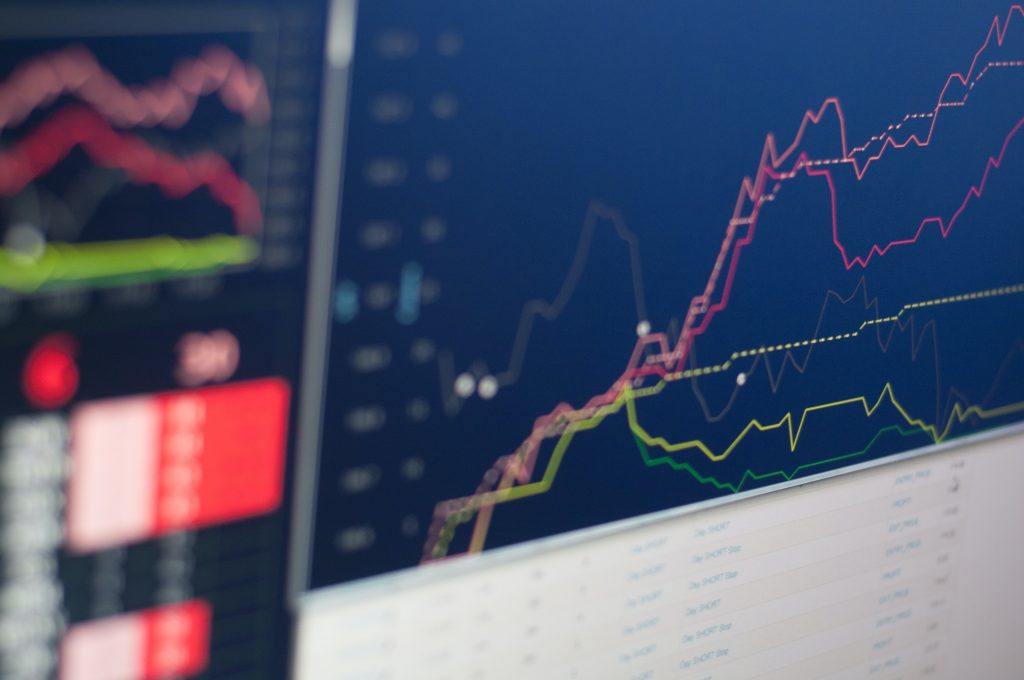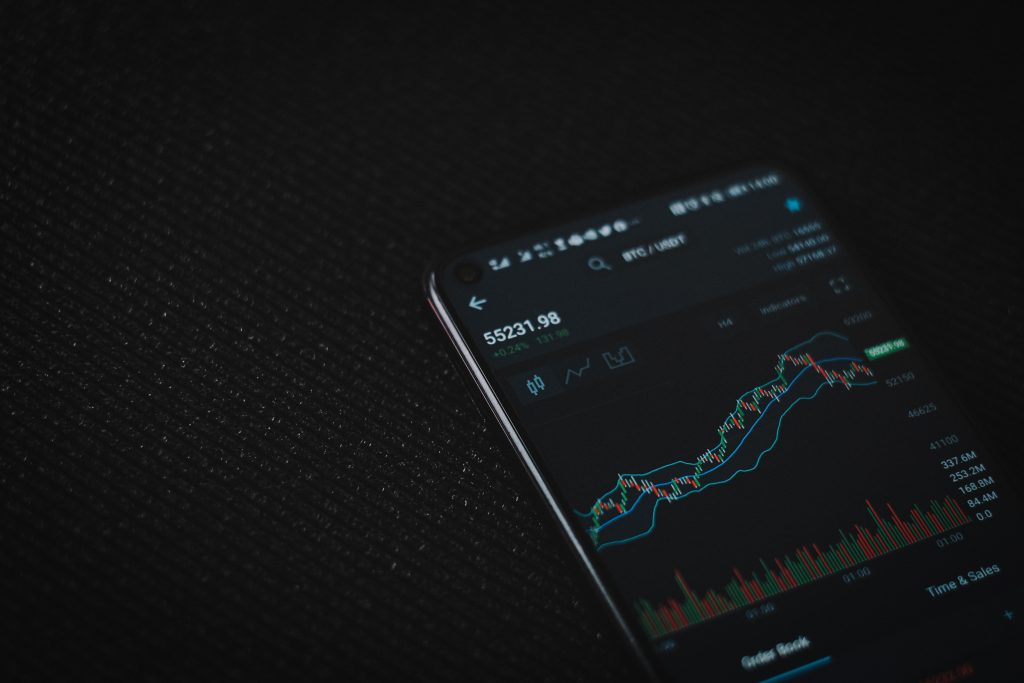If you’ve ever wondered about the world of Forex trading, this article is here to provide you with a concise overview. Forex trading, also known as fx trading or trading foreign exchange, is the process of buying and selling different currencies in order to make a profit. With a vast market that operates 24 hours a day, 5 days a week, Forex trading offers individuals the opportunity to participate in a global financial market and potentially earn substantial returns. Whether you’re a seasoned investor or just getting started, understanding the basics of Forex trading is essential for anyone looking to explore this exciting and dynamic field.
What is Forex Trading
Definition of Forex Trading
Forex trading, also known as foreign exchange trading or FX trading, is the buying and selling of currencies on the foreign exchange market. This decentralized market allows participants to Trade currencies from different countries, aiming to profit from the fluctuations in exchange rates.
How Forex Trading Works
Forex trading involves converting one currency into another for various purposes, such as commerce, tourism, or investment. The market operates 24 hours a day, five days a week, allowing participants to engage in trading activities at any convenient time. The exchange rates between currencies are constantly changing due to various factors, creating opportunities for traders to profit by correctly predicting these fluctuations.
Main Participants in Forex Trading
Several entities participate in the forex market, each serving different purposes:
-
Banks: Central banks and commercial banks play a significant role in forex trading by facilitating currency transactions, managing reserves, and implementing monetary policies.
-
Corporations: Multinational companies engage in forex trading to hedge against foreign exchange risks when conducting international business operations.
-
Individual Traders: Retail traders, including individuals like yourself, participate in forex trading to speculate on currency movements and generate profits.
-
Investment Funds: Hedge funds, mutual funds, and other investment institutions trade currencies as part of their investment portfolio diversification strategies.
Advantages of Forex Trading
High Liquidity
The forex market is highly liquid, making it easy for traders to buy and sell currencies at any time. The high liquidity ensures that there are always buyers and sellers available, reducing the chances of experiencing price slippage or difficulties in executing trades.
24-Hour Market
One of the significant advantages of forex trading is that the market operates 24 hours a day, allowing you to trade whenever it suits you. This flexibility is particularly beneficial for individuals who have other commitments during regular trading hours.
Leverage
Forex trading offers leverage, which allows traders to control large positions in the market with relatively small amounts of capital. Leverage amplifies both potential profits and losses, so it is crucial to use this tool responsibly and with a thorough understanding of the risks involved.
Low Transaction Costs
Compared to other financial markets, forex trading generally has low transaction costs. Brokers typically charge small spreads (the difference between the buy and sell price) and minimal commission fees, making it cost-effective for traders.
Ability to Profit from Both Rising and Falling Markets
Unlike some other markets, such as stock trading, forex trading allows you to profit regardless of whether the market is going up or down. When you believe a currency is likely to appreciate, you can buy it (go long), and when you anticipate a currency’s value to decline, you can sell it (go short).

Major Forex Trading Strategies
Technical Analysis
Technical analysis involves analyzing historical price data, chart patterns, and various technical indicators to predict future price movements. Traders using this strategy make decisions based on charts and patterns, aiming to identify trends and entry/exit points.
Fundamental Analysis
Fundamental analysis focuses on evaluating economic, political, and social factors that influence currency values. Traders using this strategy assess economic indicators, such as GDP growth rates, inflation, and employment data, to make informed trading decisions.
Sentiment Analysis
Sentiment analysis involves gauging market sentiment, which refers to the overall feeling or mood of traders towards a particular currency. This strategy examines factors like news, market trends, and survey results to make predictions based on collective trader sentiment.
Range Trading
Range trading is a strategy where traders identify and target price ranges within which a currency is likely to trade. This strategy aims to capitalize on the repeated movement of currency prices between established support and resistance levels.
Trend Trading
Trend trading involves identifying and trading in the direction of established market trends. Traders using this strategy aim to profit from momentum and follow the overall upward or downward movement of currency prices.
Breakout Trading
Breakout trading focuses on identifying significant price levels, such as support or resistance, where a currency’s price breaks out of its previous range. Traders using this strategy aim to capture strong price movements that occur after the breakout.
Scalping
Scalping is a short-term trading strategy in which traders aim to make quick profits by executing multiple trades within a short period. This strategy involves taking advantage of small price movements and relying on technical indicators for entry and exit points.
Factors Affecting Forex Trading
Economic Indicators
Economic indicators, such as GDP, unemployment rates, and consumer price indices, play a crucial role in influencing currency values. Positive economic data often strengthens a currency, while negative data may weaken it.
Monetary Policies
Central banks’ monetary policies, including interest rate decisions, quantitative easing measures, and inflation targeting, greatly impact currency values. Traders closely monitor these policy decisions to anticipate shifts in the forex market.
Political Stability
Political stability, including policy changes, geopolitical tensions, and elections, can significantly affect a country’s currency. Political uncertainty often leads to currency volatility as traders adjust their positions based on perceived risks.
Market Sentiment
Market sentiment refers to the overall attitude or feeling of traders towards a specific currency or the market as a whole. Positive sentiment generally leads to currency appreciation, while negative sentiment can result in currency depreciation.
Interest Rates
Interest rates directly affect currency values as they influence borrowing costs and investment returns. Higher interest rates generally strengthen a currency, attracting foreign investors seeking better returns.
Inflation
Inflation refers to the increase in prices of goods and services over time. High inflation erodes a currency’s purchasing power, leading to currency depreciation. Traders closely monitor inflation rates and expectations to assess currency value.
Geopolitical Events
Geopolitical events, such as wars, political conflicts, and natural disasters, can have a significant impact on currency values. These events often create uncertainty and volatility in the forex market, requiring traders to adapt their strategies accordingly.

Types of Forex Trading
Spot Forex Trading
Spot forex trading involves the immediate exchange of currencies at the current market price. This type of trading is settled within two business days, and it is the most common way individuals and institutions trade forex.
Forwards
Forward contracts are agreements between two parties to exchange currencies at a predetermined price and date in the future. This type of trading is commonly used by corporations and investors to hedge against potential currency fluctuations.
Futures
Forex futures are standardized contracts traded on exchanges where participants agree to buy or sell currencies at a future date and specified price. Futures trading allows for greater liquidity and transparency compared to other types of forex trading.
Options
Forex options give traders the right but not the obligation to buy or sell currencies at a predetermined price within a specific time frame. This type of trading provides flexibility and allows traders to limit their downside risk while still benefiting from potential currency movements.
Forex Trading Platforms
MetaTrader
MetaTrader is a popular trading platform widely used by forex traders. It offers advanced charting tools, multiple technical indicators, and automated trading capabilities to enhance the trading experience.
cTrader
cTrader is another well-known forex trading platform known for its user-friendly interface and customizable features. It provides advanced order types and direct market access, allowing traders to execute trades quickly and efficiently.
NinjaTrader
NinjaTrader is a robust trading platform suitable for both beginner and advanced traders. It offers a wide range of technical analysis tools, backtesting capabilities, and high-performance order execution.
ZuluTrade
ZuluTrade is a social trading platform that allows traders to copy the trades of successful traders. This platform focuses on automated trading and provides real-time performance data to assist in decision-making.
eToro
eToro is a popular social trading platform that combines forex trading with social networking elements. It allows traders to interact and copy trades from other users, making it suitable for beginners looking to learn from experienced traders.

Forex Trading Account Types
Standard Account
A standard forex trading account offers full access to the forex market and typically requires a significant initial deposit. This account type is suitable for experienced traders who manage larger sums of capital.
Mini Account
A mini forex trading account is designed for traders with smaller capital. It allows individuals to trade smaller position sizes, making it ideal for beginners or those who want to minimize risk while learning the ropes.
Micro Account
A micro forex trading account is even smaller than a mini account and offers further flexibility in position sizing. It allows traders to start with a minimal investment while still experiencing real market conditions.
Islamic Account
Islamic forex trading accounts comply with Islamic Sharia law, which prohibits certain types of financial transactions, such as earning interest (riba). These accounts operate on a swap-free basis, where no overnight interest charges are incurred.
Managed Account
A managed forex trading account is controlled by a professional money manager on behalf of the account holder. This account type is suitable for individuals who prefer to delegate their trading decisions to experienced professionals.
Risk Management in Forex Trading
Setting Stop-Loss Orders
Stop-loss orders are used to limit potential losses by automatically closing a trade when the market moves against your position. Setting appropriate stop-loss levels is crucial for effective risk management.
Implementing Take-Profit Orders
Take-profit orders are used to automatically close a trade when a specified profit target is reached. This allows traders to secure profits and avoid potentially giving back gains in a volatile market.
Using Trailing Stops
Trailing stops are dynamic stop-loss orders that move with the market, locking in profits as the price moves in favor of the trade. This tool helps traders protect profits while allowing room for the trade to potentially capture further gains.
Utilizing Risk-Reward Ratio
The risk-reward ratio helps traders assess the potential downside risk compared to the potential upside reward of a trade. By setting a favorable risk-reward ratio, traders can ensure that their winning trades outweigh their losing trades.
Diversifying Trading Portfolio
Diversification is a risk management strategy that involves spreading investments across different currency pairs or asset classes. By diversifying your trading portfolio, you can reduce the risk of significant losses caused by adverse movements in a single currency or market.

Psychology of Forex Trading
Emotional Control
Maintaining emotional control is essential in forex trading. Fear and greed can cloud judgment, leading to impulsive decisions and irrational trading behaviors. Successful traders develop discipline and stick to their trading plans, regardless of emotions.
Discipline
Discipline is crucial in following trading strategies, risk management rules, and maintaining a consistent approach. Traders with discipline cultivate patience and make decisions based on logic rather than impulsive reactions to market fluctuations.
Patience
Patience is a virtue in forex trading. Waiting for the right trading opportunities and avoiding impulsive trades can prevent unnecessary losses. Successful traders recognize that not every moment is ideal for trading and exercise patience for optimal entries.
Confidence
Having confidence in one’s trading abilities and strategies is vital for success. Confidence helps traders stick to their plans, handle drawdowns, and make decisions based on their analysis rather than being swayed by external opinions or market noise.
Mindfulness
Mindfulness involves being fully present and aware of the current market conditions. Conscious observation of price actions, news releases, and indicators allows traders to make informed decisions and adapt to changing market dynamics.
Managing Stress
Forex trading can be stressful, especially during periods of high market volatility. Successful traders manage stress effectively by utilizing stress-reducing techniques such as exercise, relaxation techniques, and maintaining a healthy work-life balance.
Forex Trading Education and Resources
Online Courses
Online courses provide a structured and comprehensive way to learn forex trading. These courses cover various topics, including technical analysis, fundamental analysis, risk management, and trading psychology.
Books and E-Books
Books and e-books offer in-depth information on various aspects of forex trading. They cover topics ranging from trading strategies and technical analysis to money management and market psychology.
Webinars and Seminars
Webinars and seminars provide opportunities for traders to learn from industry experts and experienced traders. These events offer real-time analysis, trading tips, and interactive sessions for participants to ask questions and gain insights.
Trading Forums and Communities
Trading forums and communities allow traders to connect and share knowledge with like-minded individuals. These platforms provide valuable insights, trading ideas, and the opportunity to discuss strategies and market trends.
Demo Trading Accounts
Demo trading accounts allow traders to practice trading using virtual funds. They provide a risk-free environment to test trading strategies, practice execution, and gain familiarity with trading platforms before risking real capital.
By understanding the various aspects of forex trading, including strategies, risk management, psychology, and available resources, you can embark on your trading journey with confidence. Remember to approach forex trading with patience, discipline, and continuous learning to increase your chances of success.


